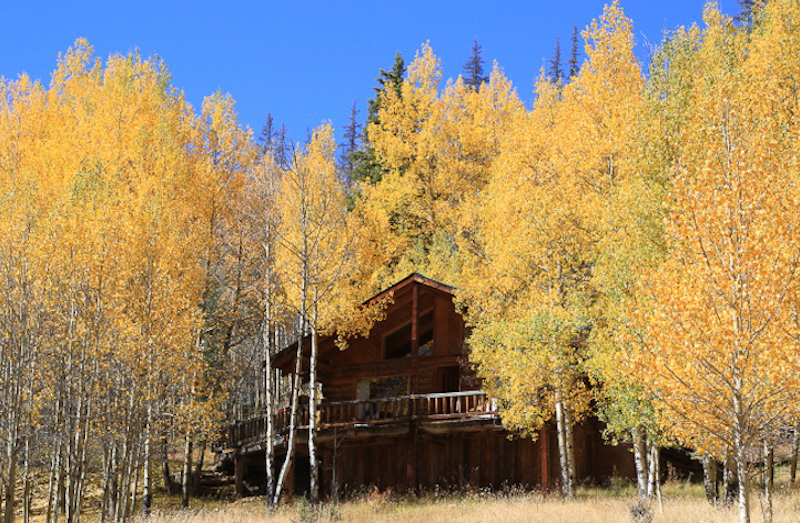If you’re looking for eco-friendly ways to travel, here are a dozen ideas ranging from simple energy-saving tips to an off-grid vacation rental that will minimize your environmental impact.
Ecotourism is among the fastest-growing segments of the global tourism trade. While travel uses resources, and can harm the environment, it can also assist the environment, benefit local economies, educate travelers about environmental issues and bring a deeper appreciation of our connection to and dependence on nature.
Here are 12 ideas to minimize your environmental impact:
- Explore an off-grid vacation location. If you want to go off-grid, but still have a few luxuries provided by electricity, check out the rental listings at FreeHouse for a variety of self-sufficient properties. Many of the rental listings are powered by solar panels or wind turbines and some collect water from the rain. Accommodations range from backcountry mountain huts to desert canyon retreats, remote beach houses and yurts. If you want a more minimalist shelter, try Red River Gorgeous Cabin Rental or Oleo Ranch for wilderness adventures that may not include electricity or running water, but could include a treehouse rental. Check out state and national parks for the best campground options. Both Airbnb and VRBO also offer some off-grid vacation rentals.
- Fly wisely: Take longer trips to one locale instead of many short trips. Offset your carbon footprint by calculating and offsetting your portion of a trip’s carbon dioxide pollution. Many non-profit organizations, like Carbon Fund, will mediate your support of carbon reduction by funding projects such as wind energy in North Dakota, a gas-to-energy landfill in New Bedford or a tropical forest conservation project in the Amazon.
- Drive efficiently. If you plan to drive, research the most fuel-efficient car, and if you don’t own it, rent one.
- Recharge sustainably. Choose options that either don’t need batteries, run on solar or use rechargeable batteries for cameras, razors and flashlights. There are several options now for solar-powered backpacks, cell phone chargers and even coolers. Survival Renewable Energy rates the top 10 best solar-powered flashlights.
- Book responsibly. Choose a hotel or tour operator with sustainable practices. Check the International Ecotourism Society member directory or just ask about the hotel’s sustainability practices.
- Unplug. Before you leave home, unplug unnecessary electrical devices and turn off your air conditioning. Do the same at your destination while you are not in the room.
- Get some exercise. Once you reach your destination, take walk or bike to tourist attractions, or walk to public transportation as much as possible.
- Eat local food. Locally grown food has a smaller environmental footprint and is usually healthier and tastier than other options. Check out local farmer’s markets.
- Use reusable water bottles. Minimize waste by traveling with a reusable water bottle for everyone in your group.
- Save water. Minimize shower and bath time. Did you know the average shower in America is eight minutes long? The Environmental Protection Agency (EPA) estimates that standard shower heads use 2.5 gallons of water per minute, so the average shower uses 20 gallons of water. Delivering, treating and heating the hot water for your shower is extremely energy intensive. The longer you run the hot water, the higher your energy use and utility bills. According to the EPA, letting your faucet run for five minutes uses about as much energy as turning on a 60-watt light bulb for 22 hours.
- Use a hotel’s linen reuse program. If they don’t have one, request that your linens and towels not be changed every day.
- Reduce waste. Ask about composting and recycling options wherever you eat or spend the night.
Photo: Oleo Ranch
